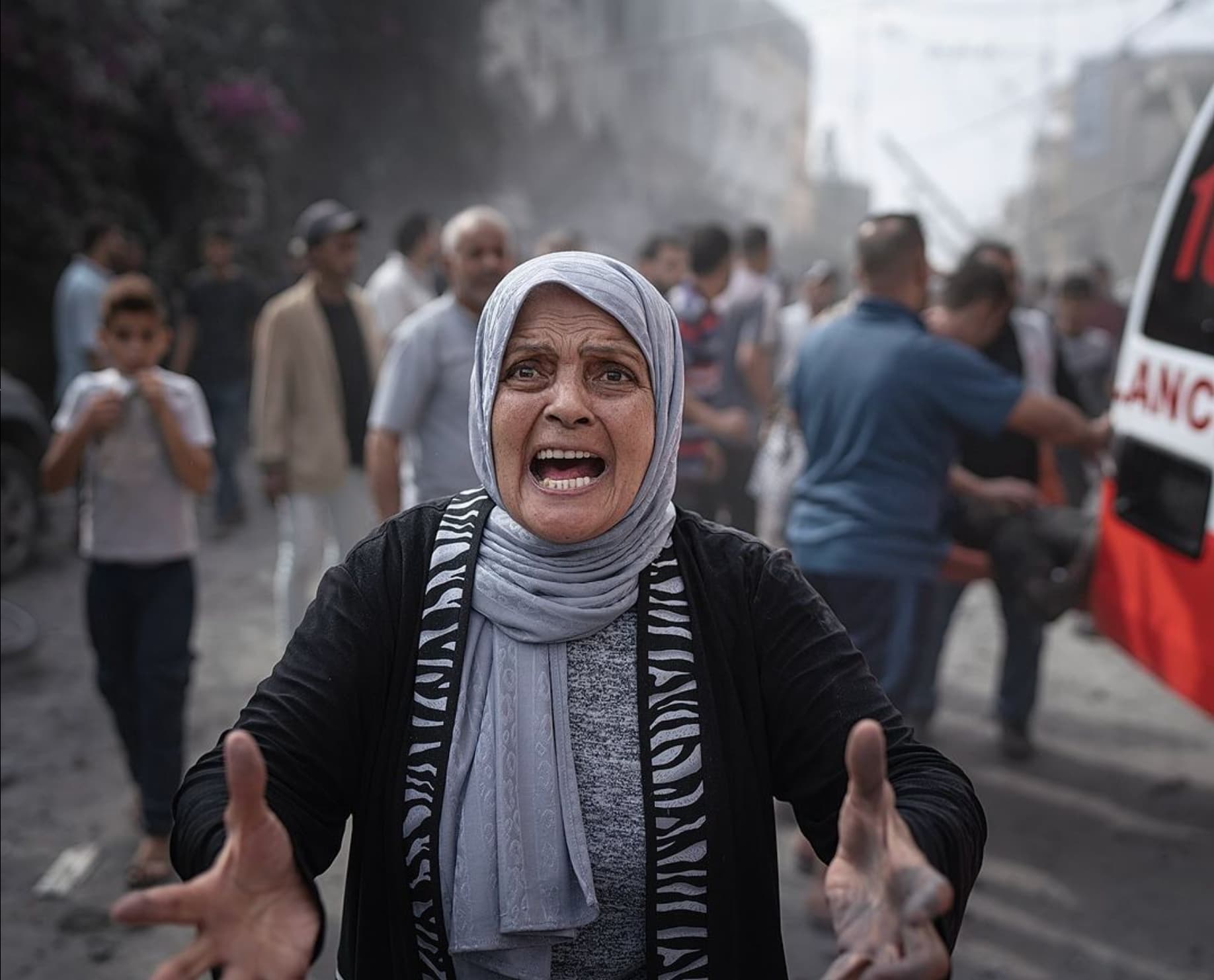As Gaza War Enters Third Year, Egypt Hosts Indirect Talks Between Israel and Hamas Amid Mounting Humanitarian Crisis

As the Israel–Hamas war enters its third year, the toll on human life, infrastructure, and regional stability continues to deepen. Despite years of fighting and countless failed ceasefires, faint signs of diplomacy have emerged in Cairo, where indirect talks between Israeli and Hamas officials are ongoing under Egyptian mediation. The discussions, supported by Qatar and the United States, aim to secure the release of remaining hostages and explore a path toward a sustainable ceasefire.
Aid agencies and the United Nations have warned of what they describe as “indescribable” pain and suffering in Gaza. With the enclave’s population enduring relentless bombardments, food shortages, and mass displacement, the humanitarian situation has reached catastrophic levels. The UN has appealed for an immediate ceasefire and for aid routes to be reopened, stressing that access to medical supplies, fuel, and food must be restored without delay.

Hospitals in Gaza are struggling to function, with most operating without electricity or sufficient medicine. Thousands of civilians have taken refuge in overcrowded shelters, where clean water and sanitation are scarce. The World Food Programme has warned that famine-like conditions are imminent if aid convoys are not granted access soon.
In Cairo, negotiators are facing a delicate and complex process. Israel maintains that any ceasefire agreement must include the dismantling of Hamas’s military infrastructure and the unconditional release of all hostages. Hamas, in turn, is demanding a complete cessation of Israeli operations and a withdrawal from Gaza before any agreement can move forward. An Egyptian official familiar with the talks noted that while progress remains slow, both sides understand that the current situation cannot continue indefinitely.
The international community has increased its pressure for an end to hostilities. The UN Secretary-General has reiterated that “no military solution can bring lasting peace to the people of Gaza or Israel.” Several European countries have echoed this sentiment, calling for adherence to international law and the protection of civilians. The United States and Arab League have also expressed concerns that the ongoing war could destabilize the broader Middle East, where tensions are already running high.

As the war grinds on, despair and exhaustion are evident on both sides. In Gaza, civilians trapped amid the destruction long for peace and normalcy. In Israel, families of hostages continue to call on their government to pursue negotiations rather than further escalation. Whether the talks in Cairo will lead to meaningful progress remains uncertain. But amid the destruction and loss, the persistence of dialogue, however fragile, offers a small but vital hope that diplomacy might finally succeed where war has failed.
